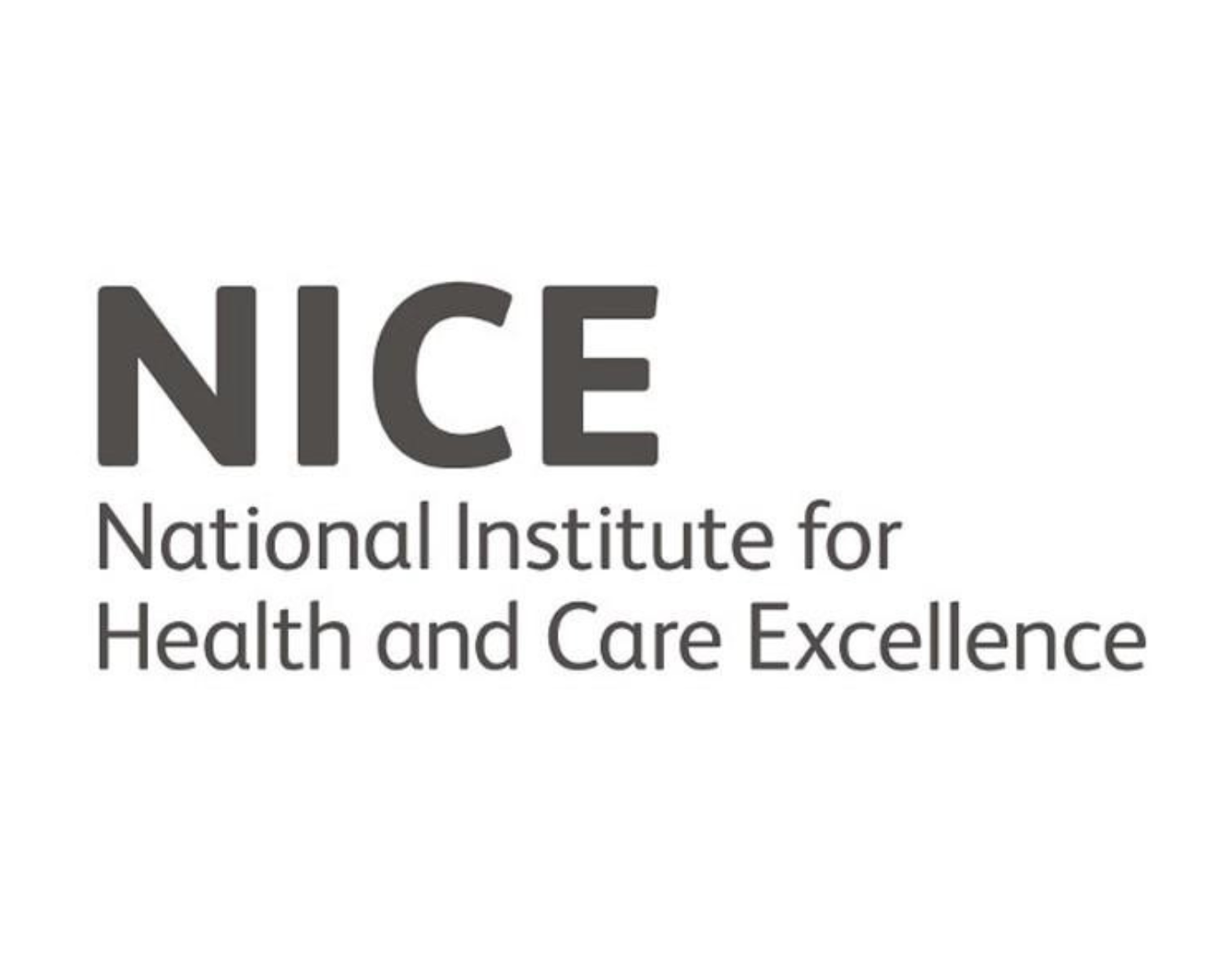Treatment with ibrutinib for WM will not be available on the NHS in England and Wales
Published on: 8 June 2022NICE is not recommending ibrutinib for treating Waldenström’s macroglobulinaemia in adults who have had at least one previous treatment.

The National Institute for Health and Care Excellence (NICE) has announced that it is not recommending ibrutinib for treating Waldenström’s macroglobulinaemia (WM). WM is the most common type of lymphoplasmacytic lymphoma (LPL), a rare type of non-Hodgkin lymphoma.
Ibrutinib has been available to patients in England via an NHS scheme called the Cancer Drug Fund. For new cancer drugs, NICE sometimes decides that although clinical trial results are promising, there is not yet enough evidence to recommend it for routine use. In this case, they might decide to make it available for a limited time – usually 2 years – while more evidence is being collected. At the end of the time limit, the drug is assessed by NICE again to decide if it should be funded routinely on the NHS.
NICE reviewed the new evidence from clinical trials and from people having treatment with ibrutinib in the NHS in the Cancer Drugs Fund. The evidence showed that ibrutinib improves how long people live before their condition gets worse and how long they live for, but, it is uncertain by how much it does this compared with chemoimmunotherapy.
This new evidence did not change the original decision to not recommend ibrutinib for routine use. Your specialist should talk with you about other treatment options. If you were already being treated with ibrutinib before this guidance was published you should be able to continue until you and your specialist decide to stop.
Find out more about drug development, approval and funding, or visit Lymphoma TrialsLink for the latest on clinical trials for lymphoma.
Published: 8 June 2022
Updated: 17 June 2022
